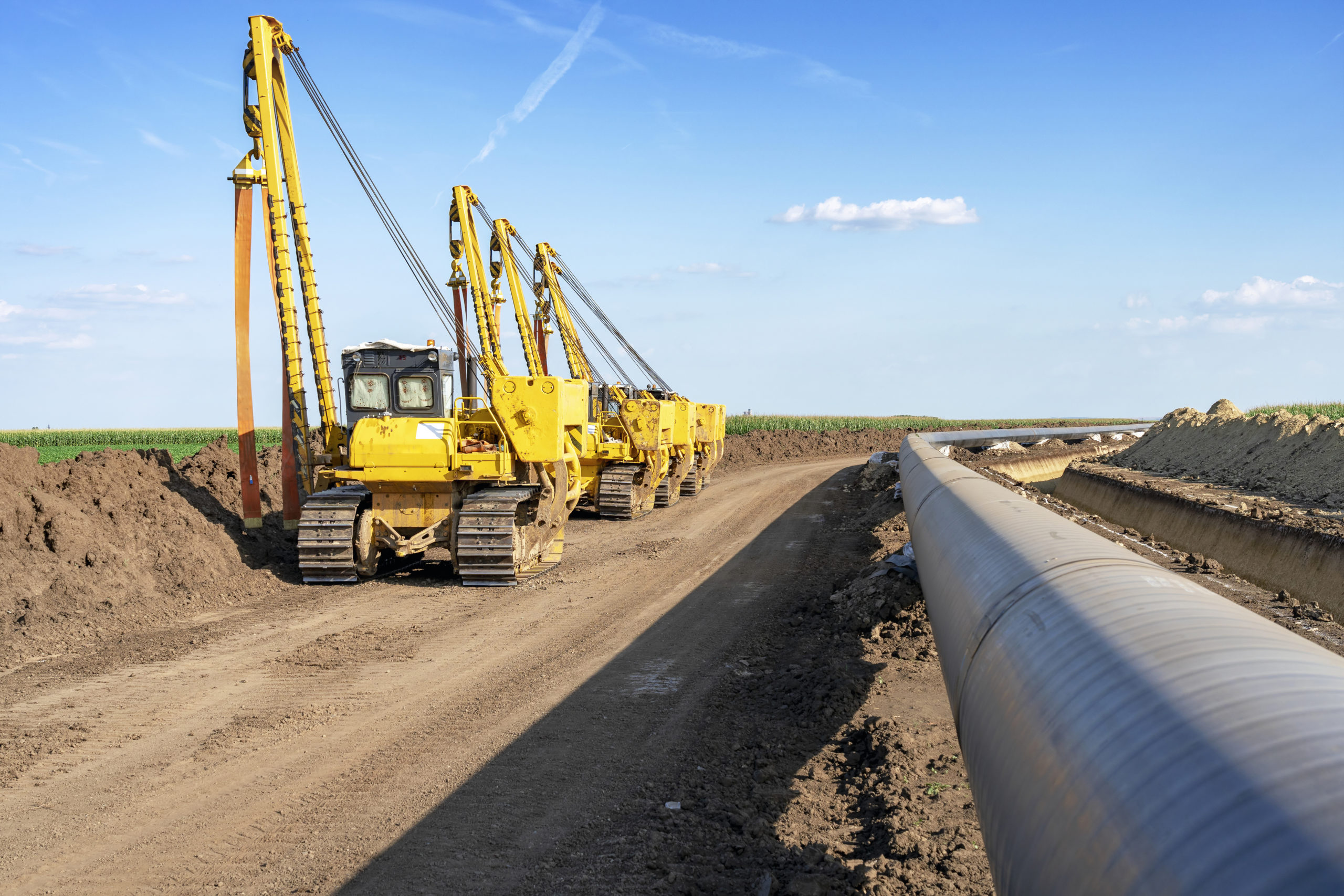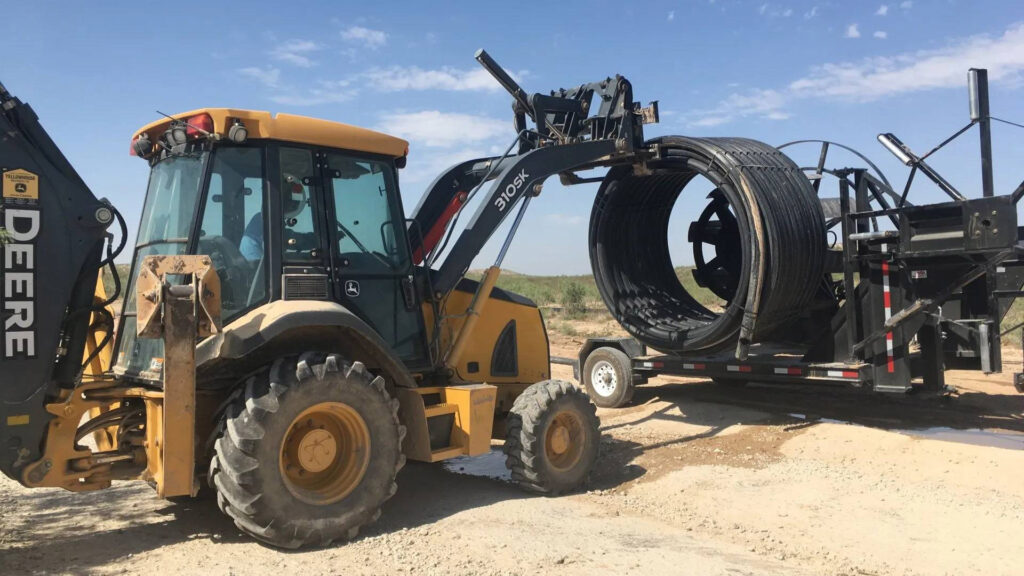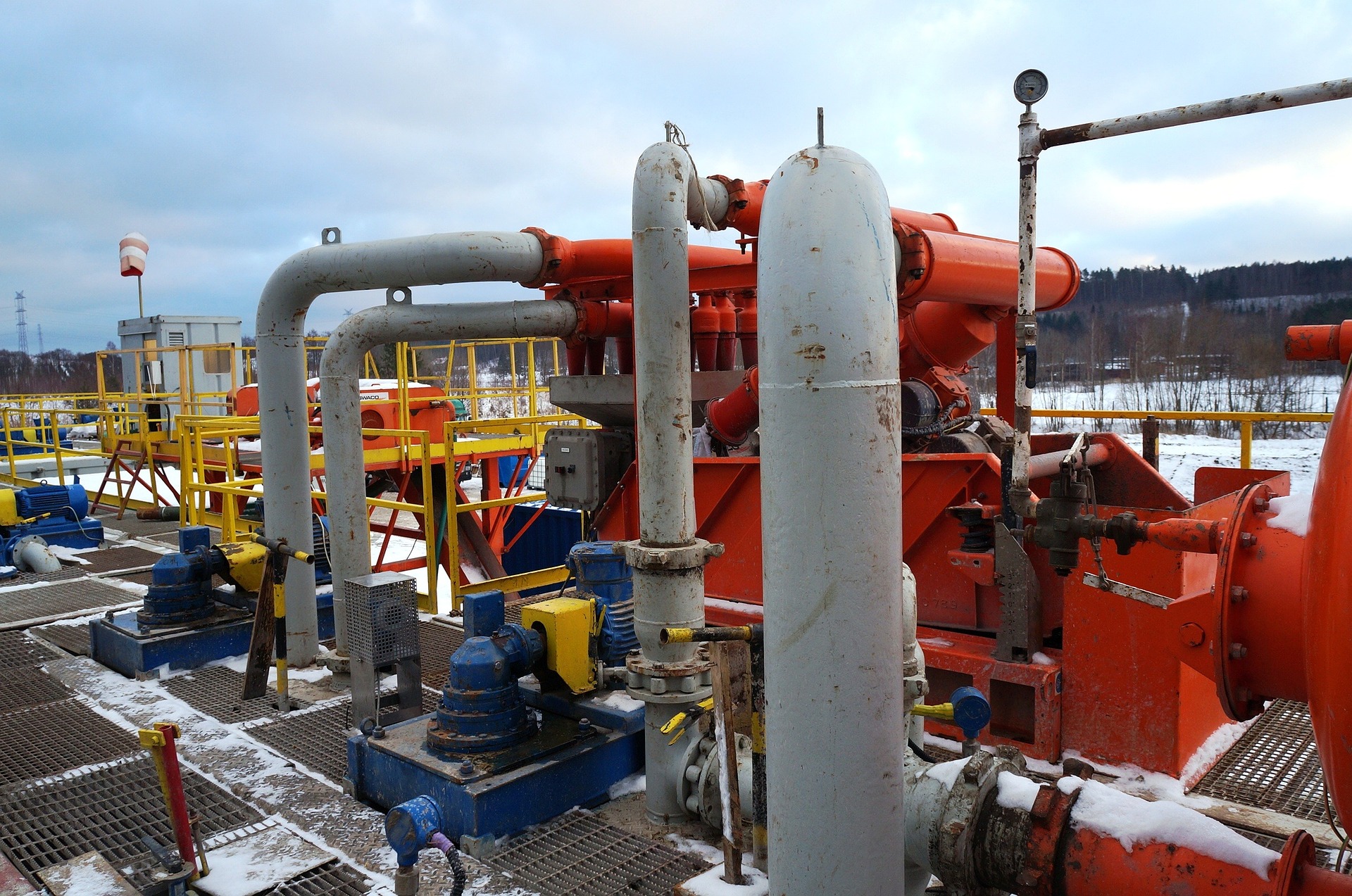Superior Rentals midland: insider guide for field managers
Wiki Article
A Comprehensive Guide to the Various Kinds Of Oil Field Equipment and Pipeline Equipment Available
The oil and gas sector depends greatly on customized equipment for effective removal and transport. Different sorts of machinery, from drilling rigs to storage space tanks, play important roles in this complex process. Each piece of equipment serves distinct features that contribute to general operational success. Understanding these components is essential for any individual included in the sector. As the market evolves, so also do the modern technologies that support it. What improvements are on the horizon?
Drilling Rigs: The Foundation of Oil Exploration
Drilling rigs work as the essential machinery in the domain name of oil expedition, enabling companies to gain access to hydrocarbon books buried deep underneath the Planet's surface. These rigs are available in numerous types, including land rigs, offshore rigs, and mobile devices, each created to operate in certain environments. Equipped with advanced technology, piercing rigs can permeate geological developments with precision, making sure effective source extraction. The architectural integrity and functional abilities of these rigs are vital, as they should endure severe problems and substantial pressures. The option of a boring gear affects the overall task price and timeline, making it an essential consideration for oil firms looking for to enhance their expedition initiatives and take full advantage of efficiency in their procedures.Pumps: Vital for Liquid Activity
In the oil removal process, the duty of pumps is significant, facilitating the movement of fluids throughout different stages of production. Pumps are vital for moving unrefined oil, water, and various other liquids from below ground storage tanks to the surface area and afterwards through pipelines to refineries. They are available in different kinds, including centrifugal, favorable displacement, and completely submersible pumps, each offering particular objectives based on the fluid features and operational needs. Centrifugal pumps are generally used for their efficiency in high-flow applications, while positive variation pumps master handling viscous liquids. The option of pump influences overall effectiveness, operational security, and upkeep expenses. Proper choice and upkeep of pumps are vital for optimizing manufacturing and minimizing downtime in oil field operations.Shutoffs: Managing Flow and Pressure

Valves play an essential duty in taking care of the circulation and stress of fluids within oil areas and pipelines. Various sorts of shutoffs serve distinct applications, each designed to satisfy particular functions basic for effective procedure - Superior Rentals near me. Recognizing the features and uses these shutoffs is essential for optimizing system efficiency and safety and security
Kinds of Valves
Essential elements in oil area operations, valves play a vital function in regulating the flow and pressure of liquids within pipelines and tools. Different kinds of shutoffs are used to meet the diverse demands of oil and gas manufacturing. Typical types consist of gate valves, which offer a straight-line circulation and marginal stress decrease; globe shutoffs, known for their throttling abilities; and sphere shutoffs, acknowledged for their fast on/off control. Furthermore, check valves avoid heartburn, while butterfly shutoffs use a lightweight service for regulating circulation. Each valve type is developed with specific materials and arrangements to stand up to the severe problems frequently found in oil areas, making sure integrity and performance in operations. Comprehending these kinds is critical for effective system administration.Valve Applications and Functions
While different kinds of valves offer unique purposes, their primary applications focus on managing flow and stress within oil and gas systems. Shutoffs such as entrance, globe, and sphere valves control liquid activity, making certain peak performance and security. Gate shutoffs are generally utilized for on/off control, offering very little flow resistance. World shutoffs, on the various other hand, deal precise flow policy, making them appropriate for strangling applications. Ball shutoffs are favored for their fast operation and limited securing capabilities. Furthermore, stress safety valve are important for preventing system overpressure, safeguarding devices honesty. In general, the appropriate option and application of shutoffs boost operational efficiency, guaranteeing the dependable transportation of oil and gas via pipes and processing facilities.Compressors: Enhancing Gas Transport
Compressors play a critical function in the efficient transport of gas, making certain that it moves efficiently via pipes over long ranges. These tools boost the stress of all-natural gas, allowing it to get over friction and elevation modifications within the pipeline system. In addition, compressors assist in the harmonizing of supply and demand, suiting changes in intake and production rates. Numerous sorts of compressors are employed in the industry, consisting of centrifugal, reciprocating, and rotary screw compressors, each offering unique advantages based upon the operational demands. Regular maintenance of these compressors is important to make the most of efficiency and lessen downtime, eventually adding to a trusted gas transport network. Their important function emphasizes the relevance of compressors in the general oil and gas infrastructure.Storage Tanks: Safe and Efficient Liquid Administration
Reliable transport of natural gas counts on different sustaining systems, among which is the correct management of storage space tanks. These tanks play an essential role in safely containing liquids, guaranteeing that operational performance is maintained while decreasing environmental risks. Constructed from durable materials, they are designed to withstand high stress and corrosive components. Correctly sized and tactically situated, tank assist in the smooth flow of gas and other liquids, protecting against traffic jams in supply chains. Regular maintenance and monitoring are imperative to spot leaks or structural issues, promoting safety and conformity with governing standards. Ultimately, the effective management of storage containers replacing water pipes in house is important for the total stability and integrity of the oil and gas industry's fluid handling systems.
Pipeline Solutions: Infrastructure for Transport
Pipeline systems offer as the foundation of the oil and gas industry, helping with the effective transportation of hydrocarbons over substantial distances. These systems include different elements, including pipelines, shutoffs, pumps, and compressors, all meticulously developed to guarantee seamless flow. The products utilized in pipeline construction, frequently steel or high-density polyethylene, are chosen for toughness and resistance to rust. Pipeline networks can cover throughout land and water, connecting production websites to refineries and circulation. Additionally, progressed innovation allows real-time monitoring of circulation rates and pressure degrees, improving functional performance. The calculated placement of these pipelines minimizes environmental effect while optimizing resource access, thus playing an important duty in meeting power demands internationally.Safety And Security Equipment: Making Certain Employee and Environmental Protection
The operation of pipeline systems, while important for power transport, likewise provides considerable safety difficulties for employees and the setting. Safety and security equipment plays a substantial function in alleviating these risks. Individual protective equipment (PPE) such as helmets, gloves, and non-slip shoes safeguards workers from physical threats. Furthermore, gas discovery systems keep an eye on for leakages, making sure that dangerous materials do not position a threat to workers or the surrounding ecosystem. Emergency closure systems are critical for quickly halting procedures during a crisis, stopping potential catastrophes. Spill control products, consisting of absorbents and obstacles, are fundamental for lessening ecological effect. In general, investing in all-encompassing safety and security tools is crucial for maintaining functional honesty and protecting both employees and the atmosphere in the oil and gas sector.
Often Asked Concerns
How Do I Select the Right Oil Field Equipment for My Task?
Picking the appropriate oil field devices includes evaluating job requirements, spending plan constraints, and operational demands. Take into consideration factors such as equipment dependability, compatibility with existing systems, and the distributor's credibility to guarantee peak efficiency and security.What Are the Maintenance Needs for Oil Field Equipment?
Maintenance demands for oil field devices consist of routine evaluations, lubrication, and timely repair work. Operators should likewise comply with maker guidelines, display performance metrics, and guarantee compliance with security policies to enhance longevity and effectiveness.
How Can I Guarantee Compliance With Environmental Laws?
To assure conformity with environmental laws, business should perform regular audits, execute ideal practices, buy training, preserve correct paperwork, and remain upgraded on regulation (Superior Rentals midland). Partnership with environmental firms can additionally improve adherence to policiesWhat Is the Ordinary Life Expectancy of Pipeline Equipment?
The ordinary life expectancy of pipeline tools normally varies from 20 to half a century, relying on factors such as worldly quality, ecological conditions, and upkeep methods. Routine evaluations can considerably influence durability and operational efficiency.How Do I Safely Deliver Oil Field Equipment to Remote Locations?
Carrying oil field devices to remote site web locations calls for mindful preparation, including tankless water heater plumbing course evaluation, securing licenses, using proper cars, and making certain security protocols are adhered to. Appropriate training and communication amongst teams are necessary for effective transport.Report this wiki page